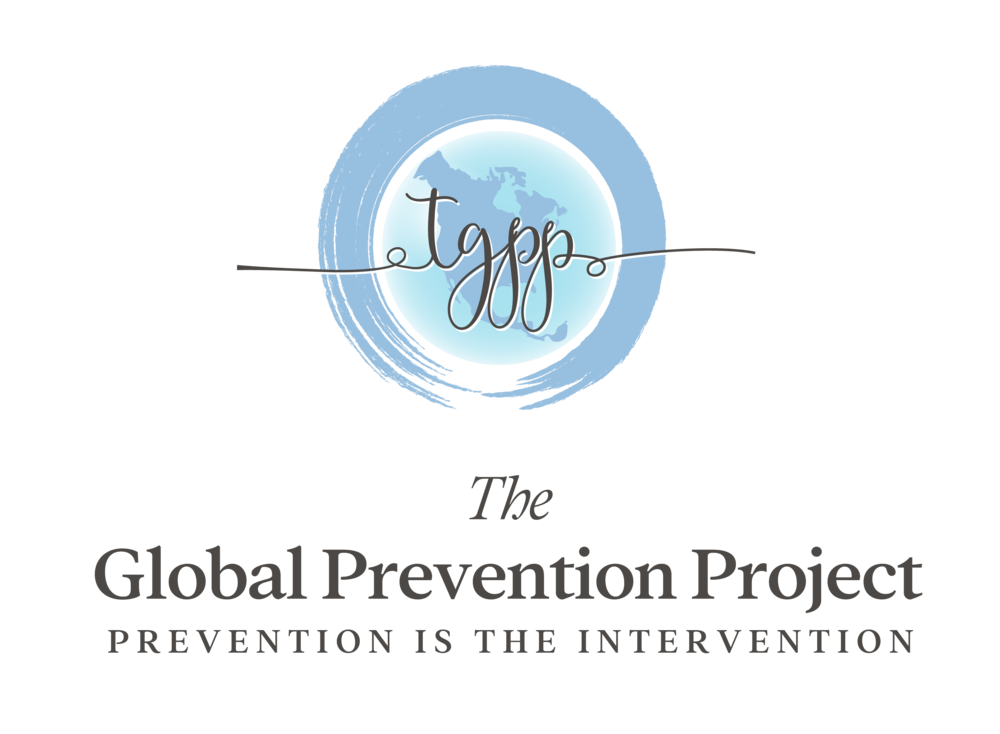I had the privilege of attending and presenting at the most recent Research Symposium hosted by B4U-ACT. Researchers, therapists, and minor attracted people (MAPs) came together to hear research presentations and have discussions all in relation to MAPs. It was amazing to be in a place that was not only hosted by MAPs but also welcomed MAPs from the general public. Presentations were broad and diverse and since what was discussed at the conference is confidential, I won’t be going into detail about the presented studies. Instead, I’ll discuss my experiences broadly and generally and how it relates to the myriad of challenges faced by MAPs as well as those individuals who wish to research and support MAPs.
It was incredible to be in a place where the research was presented to its exact target population, i.e., MAPs. Even though I was presenting, I felt like an outsider intruding on a space that didn't belong to me, which I'm sure is how many MAPs often feel in general, like they don't belong or are welcome. I don't mean to say that I didn't feel welcome, quite the contrary, I just felt very aware that I as a non-MAP was surrounded by MAPs who are faced with challenges that I have the privilege of never experiencing. Needless to say, it was incredibly humbling. This experience of being protected by certain prejudices or acts of discrimination because of my non-MAP identity is a privilege. The fact that I also get to be 'humbled' by it, is a privilege as well.
In the context of this post, when I say 'privilege' I'm referring to prejudices or acts of discrimination that certain individuals will never experience because of their identities (i.e., non-MAP vs MAP, white vs person of color, male vs female, etc.). I am not a MAP, therefore, it's never assumed that I'm a child molester or will become one. I am able to move about my day without my sexual identity being scrutinized. This is a privilege. I am not a MAP, therefore, I'm able to find a romantic/sexual partner that is fulfilling. I'm also able to openly discuss my attractions without fear of being condemned, judged, or stigmatized. This is a privilege. I am not a MAP, therefore, when I discuss MAP related issues with my friends and family or express why we should support MAPs, my credibility isn't undermined or questioned. This is a privilege. Being an 'ally' of any marginalized identity has inherent privilege.
One of the round-table discussions was on the concept of ‘epistemic injustice'. 'Epistemic' is defined as "relating to knowledge or to the degree of it's validation" (Dictionary, 2008). 'Epistemic injustice' is a philosophical concept best concisely defined by Fricker as "the act of wronging someone 'in their capacity as a knower'" (2007). 'Testimonial injustice', is a form of epistemic injustice that occurs when the testimony of a person or 'knower' is given less credibility than it deserves, often due to prejudices or stereotypes. Hopefully at this point it's clear who the 'knower' in this context would be, i.e., MAPs. 'Prejudice' refers to pre-conceived or implicit opinions or beliefs about people not based on fact. No one is without prejudice, just as no one is with out bias. Again, because I'm not a MAP, when I discuss MAP related issues my credibility isn't always undermined or questioned. However, when MAPs openly discuss experiences of discrimination, these experiences are given less credibility than they deserve because society has a lot of misinformed pre-conceived opinions and beliefs (prejudices) about MAPs.
MAPs experience discrimination from society, mental health providers, and almost anyone they come in contact with who has a belief system that equates a pedophile with a sex offender. Which brings me to the quandary. MAPs were vocal about wanting to be involved in research done on or about MAPs. A fair desire, yes. B4U-ACTs tag-line, speaks to this: "Nothing about us without us." Yet there is a profound lack of desirability to be associated with this kind of research already, and I don't expect this acceptance to change if it is to have intimate procedural involvement of MAPs. Researchers have their credibility and motives questioned simply for wanting to do this kind of research and are often met with scrutiny.
I do believe marginalized and oppressed voices are not given the credibility and platform they deserve in order to be heard and understood. After the symposium I was left with the question, “How does one reconcile what MAPs view as being in their best interest with what professionals view as being in MAPs best interest?” A question perhaps for all of us to ponder.
To come, the dynamic experiences of MAPs and their different identities.
